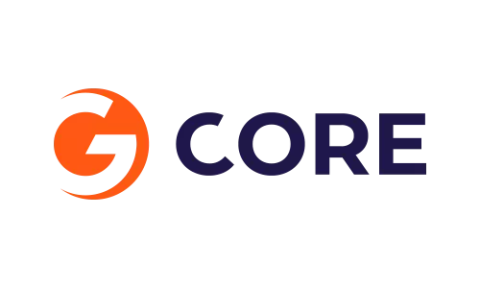CDN Global: Revolutionizing Content Delivery on a Worldwide Scale
A CDN global is a network of servers that helps speed up the loading of web pages, especially for data-heavy applications. When a user visits a website, the data from that website's server must travel over the internet to reach the user's computer. If the user is far from the server, loading large files can take a long time. As servers are closer to the users geographically, they can reach the website's content much faster. One more reason for fast content delivering lays in the fact that CDN uses cached versions of multimedia content that are stored on the server’s network globally.
A CDN improves efficiency by introducing intermediary servers between the client and the website server. These CDN servers handle some client-server communications, thereby reducing web traffic to the central server, minimizing bandwidth consumption, and ultimately enhancing the user experience of your applications.
What are the uses of a CDN?
A content delivery network (CDN) serves various purposes to enhance website functionality and improve customer satisfaction. Here are some examples of its use cases.
1. High-speed content delivery. A website that loads quickly keeps visitors engaged for longer, positively impacting the user experience and search engine rankings.
2. Companies that stream video and audio content utilize CDNs to address bandwidth costs, scale their services, and reduce delivery time.
3. Typically, website resources can handle only limited client connections simultaneously. CDNs enable rapid scaling of this capacity, ensuring smooth user experiences.
4. CDNs offer distributed networks that can handle high web traffic volumes and are more resilient to hardware failures. If any CDN servers go offline, the remaining operational servers seamlessly take over the traffic, maintaining uninterrupted service.
5. CDNs effectively mitigate Distributed Denial of Service (DDoS) attacks, where malicious actors overwhelm application or origin servers with a massive influx of requests. By distributing the load across the entire network capacity, CDNs act as a protection and mitigation platform against such attacks.
6. Also, CDNs can provide certificate management, including automatic generation and renewal of SSL/TLS certificates, enhancing website security and encryption.
All of this completely changes the approaches to content consumption and generation. CDN has become the gold standard with the ability to deliver content quickly and effortlessly worldwide while protecting it from external hacking threats. But if you still struggle to understand how it all works and how to leverage this new technology for your web project, GCore experts are here to help you tackle this task.
